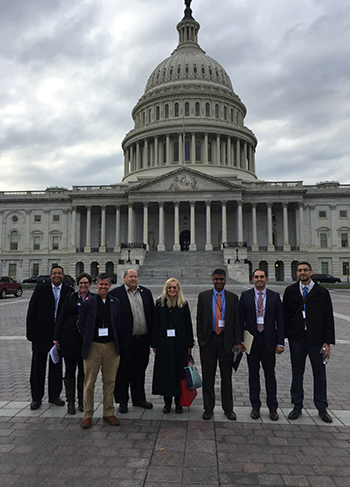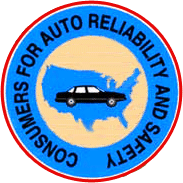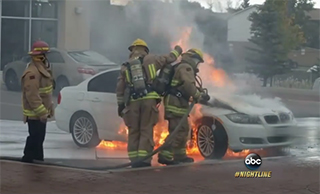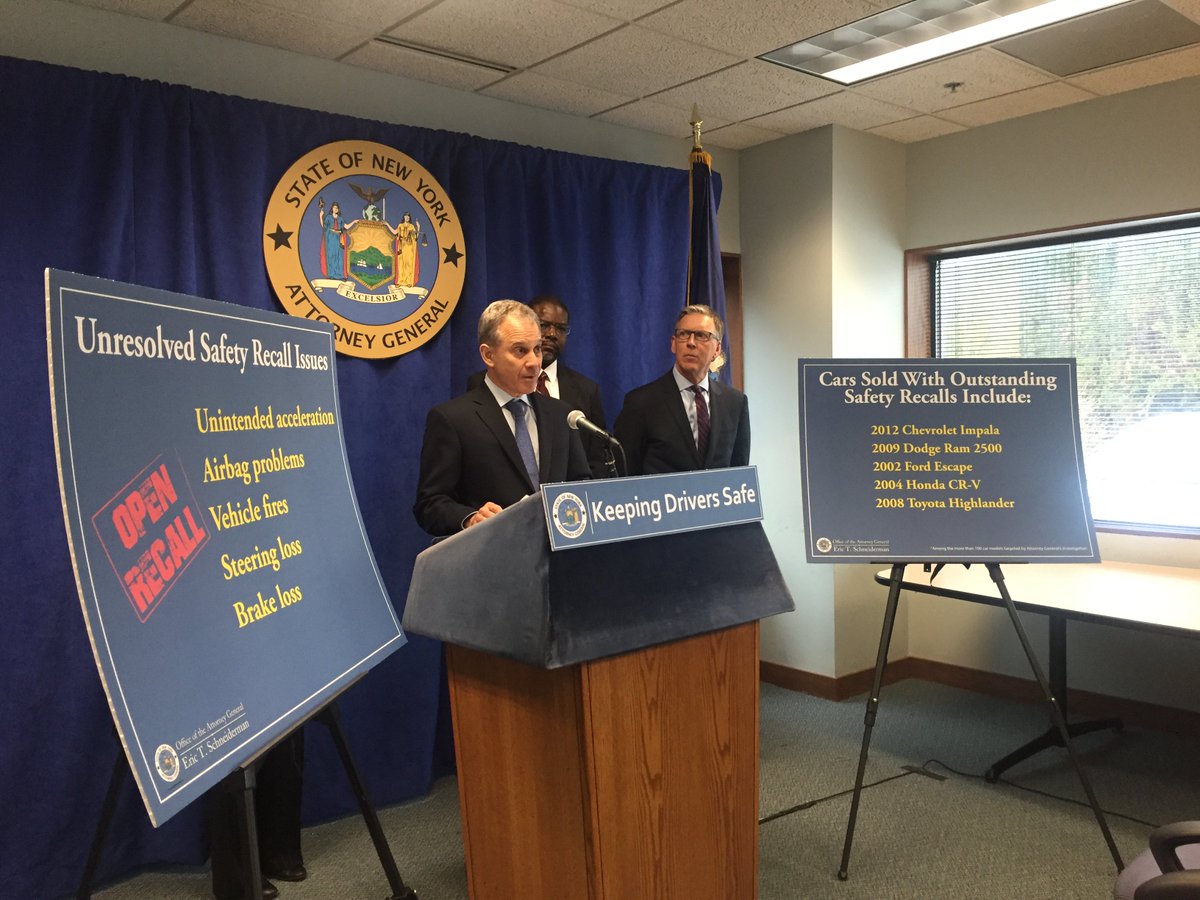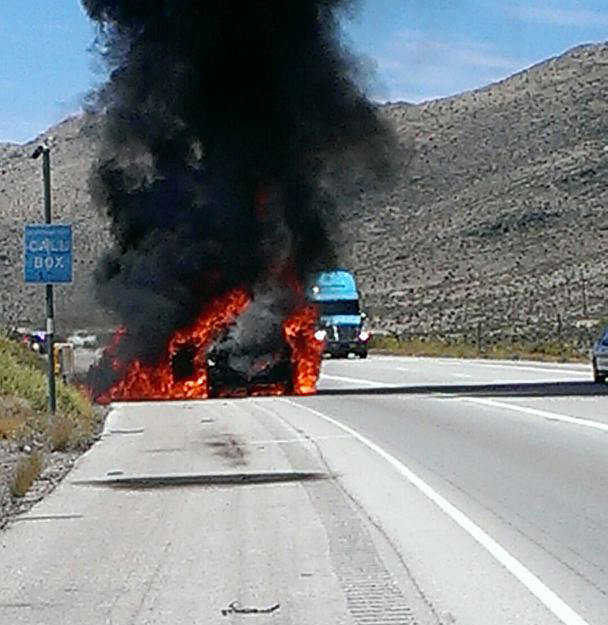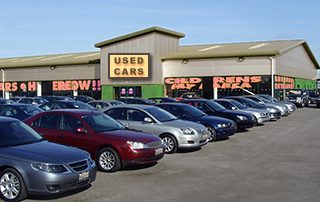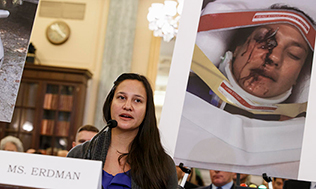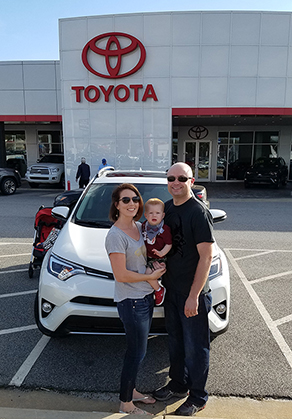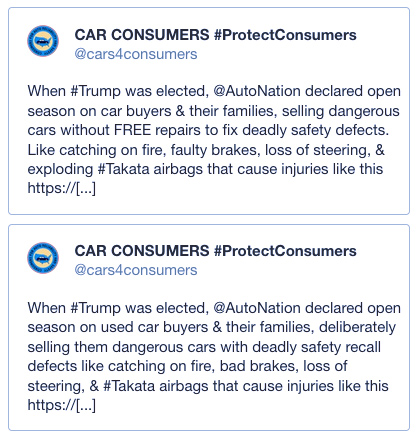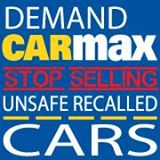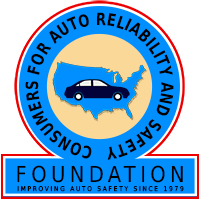"E-Contract Abuse Alert:
How Car Dealers Can Fake Your Auto Loan"
Forbes
April 14, 2017
By Diana Hembree
"Last December Tanisha Coley was window-shopping at a Kia car dealership in Stamford, Conn., when she decided to fill out a credit application to see whether she had enough credit to buy a car. As a 39-year-old student and mother of five who was working part-time, Coley was in the market for a reliable used auto. After looking around for a while, she left without buying anything. But a few weeks later, Coley was stunned to find her credit report said she had taken out an auto loan of $28,000.

Assemblymember Matt Dababneh (D-Van Nuys) is pushing legislation that would make it easier for crooked dealers and lenders to cheat consumers.
Devastated, Coley began frantically calling the bank and other places to find out what had happened. Getting no answers, she and her fiancé went to the Kia dealership where she had supposedly bought a 2013 Mazda. 'I said, "Well, where’s the car?" And they looked really nervous and told me it had been sold to someone else.'
How did Coley end up with a loan for a car she never bought? According to a lawsuit filed on her behalf, the Kia car loan was “electronically booked” on December 12 without Coley’s knowledge by Credit Acceptance Corporation, a subprime auto lender with a checkered past. According to the counterfeit installment loan, Coley owed a balance of $17,737, minus insurance payments, an extended warranty and a down payment of $7,000 – none of which she had made.
'I finally got someone at the bank to send me the paperwork,' Coley says, 'and I saw someone had e-signed my name on the loan… It was mind-boggling.'....
E-contracting may be easy and convenient, but it has also generated consumer complaints and lawsuits across the country. Some unethical dealers have used e-contracts to charge more than the agreed-upon sales price, tack on hundreds or thousands of dollars in extra add-ons that consumers didn’t want or agree to buy, or overcharge for government fees and engage in other illegal practices – such as e-signing consumers’ names without showing buyers the contract.
'Unscrupulous car dealers and shady lenders love e-contracting,' says Rosemary Shahan, president and founder of Consumers for Auto Reliability and Safety (CARS), a Sacramento, Calif.-based non-profit. 'The combination of all-electronic transactions and high-pressure sales tactics at the car dealership, which are aimed at consumers who are often tired and feeling rushed after hours of haggling and test-driving cars, make it much easier for dealers and crooked lenders to get away with fraud, forgery and other flim-flam.'
Experts say e-contracting abuses are rampant in Spanish-speaking communities...
'Auto loans are now the most troubled consumer financial product,' said Sen. Elizabeth Warren (D-Mass) in a speech last spring. 'The market is now thick with loose underwriting standards, predatory and discriminatory lending practices, and increasing repossessions.'...
Despite its perils, auto sale e-contracting continues to grow and may even be coming to California. The California New Car Dealers Association is pushing for the passage of Assembly Bill 380, which would allow e-contracting during auto sales in California.
The bill, sponsored by Matt Dababneh (D-Van Nuys), is opposed by Consumers for Auto Reliability and Safety, CALPIRG, Consumer Action, the Center for Responsible Lending, the Consumer Federation of California, and the Public Law Center, among other [consumer and economic justice organizations]."
Read more:
Forbes: "E-Contract Abuse Alert: How Car Dealers Can Fake Your Auto Loan"
One of the biggest winners would be Credit Acceptance Corp. What’s their business model?
Mother Jones: “They Had Created this Remarkable System for Taking Every Last Dime from Their Customers: Welcome to the Lucrative, Predatory World of Subprime Auto Loans”
Here’s why pro-consumer groups that work on behalf of consumers and against powerful, crooked special interests are opposing AB 380:
Large coalition of pro-consumer, pro-economic justice organizations opposes AB 380
Consumers for Auto Reliability and Safety opposes AB 380 (Dababneh)
Consumer Federation of California
CALPIRG
Public Counsel
Consumer Federation of America
Attorney David Valdez, who represents many victims of unscrupulous auto dealers and lenders
